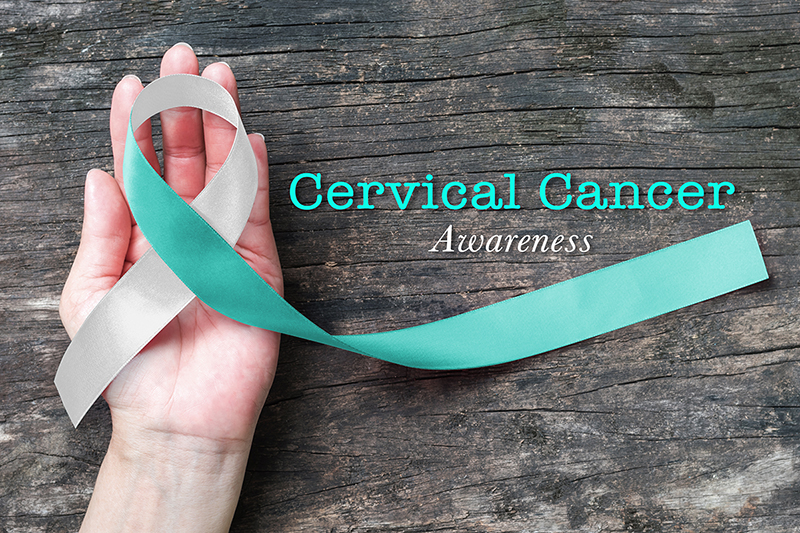Colon Cancer and You
Colorectal cancer is one of the deadliest cancers but it doesn’t have to be!
Chances are that you or someone you know has been affected by cancer. Still, as a reminder, cancer is a potentially fatal disease that causes the cells in your body to split and spread uncontrollably. Colorectal cancer, also known as colon cancer, specifically affects the stomach, intestines, colon, and rectum. Colorectal cancer is one of the deadliest cancers, though it doesn’t have to be! When caught early, colon cancer has an extremely high survival rate, up to 90%1. The key is early detection through regular screenings.
Understanding the risk
The risk of getting colon cancer increases as you get older, but there are a few things to look out for. If you have a family history of colon cancer or have an inflammatory bowel disease like Crohn’s disease, you are more likely to develop colon cancer. Lifestyle factors can also increase your risk of colorectal cancer, including:
- Low levels of physical activity
- Lack of fruit and vegetables
- A low-fiber and high-fat diet
- Being overweight or obese
- Excessive alcohol consumption or tobacco use
Colon cancer is more common than you think.
The American Cancer Society’s estimates for the number of colorectal cancers in the United States for 2024 are:
- About 106,590 new cases of colon cancer (54,210 in men and 52,380 in women)
- About 46,220 new cases of rectal cancer (27,330 in men and 18,890 in women)
We tend to think of colon cancer as a disease that mainly affects older people, but the rates are actually rising for younger people. In fact, since the 1990s, rates have more than doubled for people younger than 502! In other words, even if you don’t have a family history of colorectal cancer, regular screenings have never been more important.
What to watch for
One of the biggest problems with colon cancer is that colorectal polyps, which are abnormal growths that could eventually turn into cancer, don’t always cause symptoms. Someone could have polyps or colorectal cancer and not even know it. Again, this is why getting screened regularly for colorectal cancer is so important.
If you have symptoms, they may include:
- A change in bowel habits
- Blood in your stool
- Diarrhea, constipation, or feeling that you cannot fully empty your bowels
- Abdominal pain, aches, or cramps that don’t go away.
- Unexplained weight loss
Get screened—it could save your life
Compared to getting cancer, a screening is a very minor inconvenience. There are two main ways to screen for colon cancer:
1. Colonoscopy
Using a thin, flexible, lighted tube, your doctor will check for polyps or cancer inside the rectum and the entire colon. The doctor can find and remove most polyps and some cancers during the test. It is recommended once every ten years beginning at age 45 for average-risk individuals.
To schedule a colonoscopy:
- Utah members – Schedule online
- Idaho, Nevada, and Colorado members - Contact your Primary Care Doctor or find an in-network colonoscopy clinic.
2. FIT (Fecal Immunochemical Test)
This simple technique uses antibodies to detect blood in your stool. It is recommended once a year for average-risk individuals who have not previously had a positive or abnormal colon cancer screening test. FIT is done at home and can take less than five minutes.
Learn more about the best screening options for your situation.
Most Select Health plans cover preventive colon cancer screenings at no additional cost. For more information on your benefits and how they cover screenings, call Select Health Member Services at 800-515-2220 or schedule an appointment with your Primary Care Doctor.
You can also use our Find a Doctor tool to locate an in-network colonoscopy clinic. Alternatively, visit your local Associated Foods supermarket and talk with a pharmacist for a free, at-home screening.
1 - https://www.cancer.org/cancer/types/colon-rectal-cancer/detection-diagnosis-staging/survival-rates.html
2 - https://www.mayoclinichealthsystem.org/hometown-health/speaking-of-health/colorectal-cancer-myths-and-facts
This article is intended for informational purposes only and is not legal or medical advice. Links to other sites are provided as a convenience, but Select Health does not endorse the third-party sites, information, or services.



